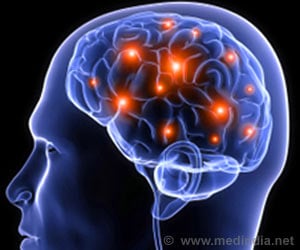
Dr. Siobhan Mor from the Faculty of Veterinary Science said that only a small number of so-called zoonotic diseases, which can jump between species, have attracted almost half of all research.
As livestock production becomes more intensive in an effort to feed an ever-growing world population, animal diseases could pose a greater risk to human health.
Researchers identified which diseases and types of animals were most prevalent in available published literature. They measured how research has changed over time and how the diseases and animals involved differ by geographic region.
“We know far less about the range of diseases that impact on animal health and welfare. This is particularly true for wildlife, which remains very poorly funded,” said co-author Anke Wiethoelter from University of Sydney.
As an example, Hendra virus in Australia is still big question marks around how the virus is transmitted between bats and horses, and factors influencing its transmission.
Advertisement
Source-Medindia









